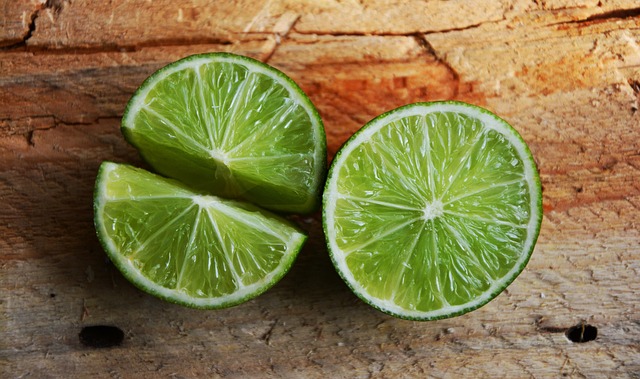Beyond Yogurt: Exploring Alternative Sources of Probiotics for Optimal Health
In recent years, probiotics have gained immense popularity for their potential health benefits. These beneficial bacteria are known to promote a healthy gut and have been linked to improved digestion, enhanced immune function, and even mental well-being. While yogurt has long been the go-to source of probiotics, there are many other alternative sources worth exploring for those who are seeking optimal health.
Kombucha
Kombucha is a fermented tea that has been consumed for centuries, primarily in Asia. It is made by adding a culture of bacteria and yeast to sweetened tea and allowing it to ferment for a period of time. The end result is a tangy and fizzy beverage rich in probiotics. Kombucha also contains various organic acids, enzymes, and vitamins, making it a well-rounded source of nutrition.
Sauerkraut
Sauerkraut, a popular fermented cabbage dish, is another excellent source of probiotics. Made by finely shredding cabbage and fermenting it with salt, sauerkraut provides a range of beneficial bacteria strains. It is also high in fiber and contains essential vitamins like vitamin C and K. Incorporating sauerkraut into your diet not only adds a delicious tangy flavor to your meals but also contributes to a healthy gut microbiome.
Miso
Miso, a traditional Japanese seasoning, is created by fermenting soybeans with a fungus called koji. The resulting paste can be used to flavor soups, marinades, and dressings. Miso is not only a good source of probiotics but also contains essential amino acids, vitamins, and minerals. It is important to note that miso is a high-sodium product, so it should be consumed in moderation.
Kefir
Kefir is a fermented milk drink that is similar to yogurt but has a thinner consistency. It is made by adding kefir grains, a combination of bacteria and yeast, to milk and fermenting it for a period of time. Kefir contains a diverse range of probiotic strains and is packed with calcium, protein, and other nutrients. For those who are lactose intolerant, kefir made from non-dairy sources like coconut or almond milk can be a suitable alternative.
Kimchi
Kimchi, a staple in Korean cuisine, is a spicy fermented cabbage dish packed with flavor and probiotics. It is made by salting and fermenting cabbage with various seasonings, including chili peppers, garlic, and ginger. Kimchi provides a wide range of beneficial bacteria and is also rich in vitamins A and C, as well as antioxidants. Its unique taste and versatility make it a fantastic addition to any meal.
Tempeh
Tempeh is a fermented soy product that originated in Indonesia. It is made by fermenting soybeans with a specific type of mold. Tempeh is not only a great source of probiotics but also provides high-quality protein, fiber, and essential amino acids. It has a firm texture and nutty flavor, making it a popular alternative to meat for vegetarians and vegans.
Conclusion
While yogurt is a well-known and easily accessible source of probiotics, there are numerous other options to consider. Incorporating these alternative sources, such as kombucha, sauerkraut, miso, kefir, kimchi, and tempeh, into your diet can diversify your probiotic intake and contribute to a healthier gut microbiome. Remember to choose high-quality, organic products whenever possible to maximize the benefits to your overall health and well-being.







